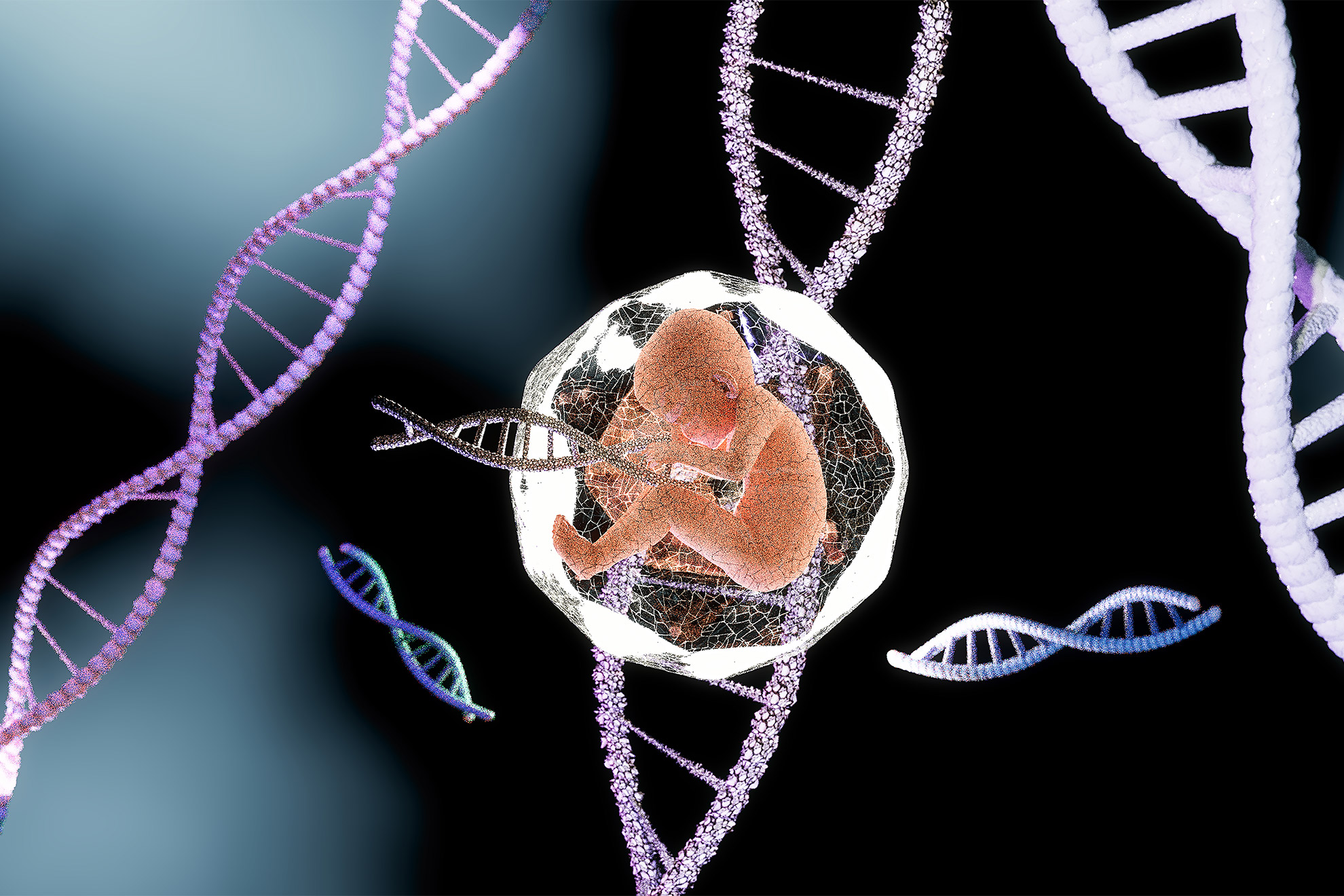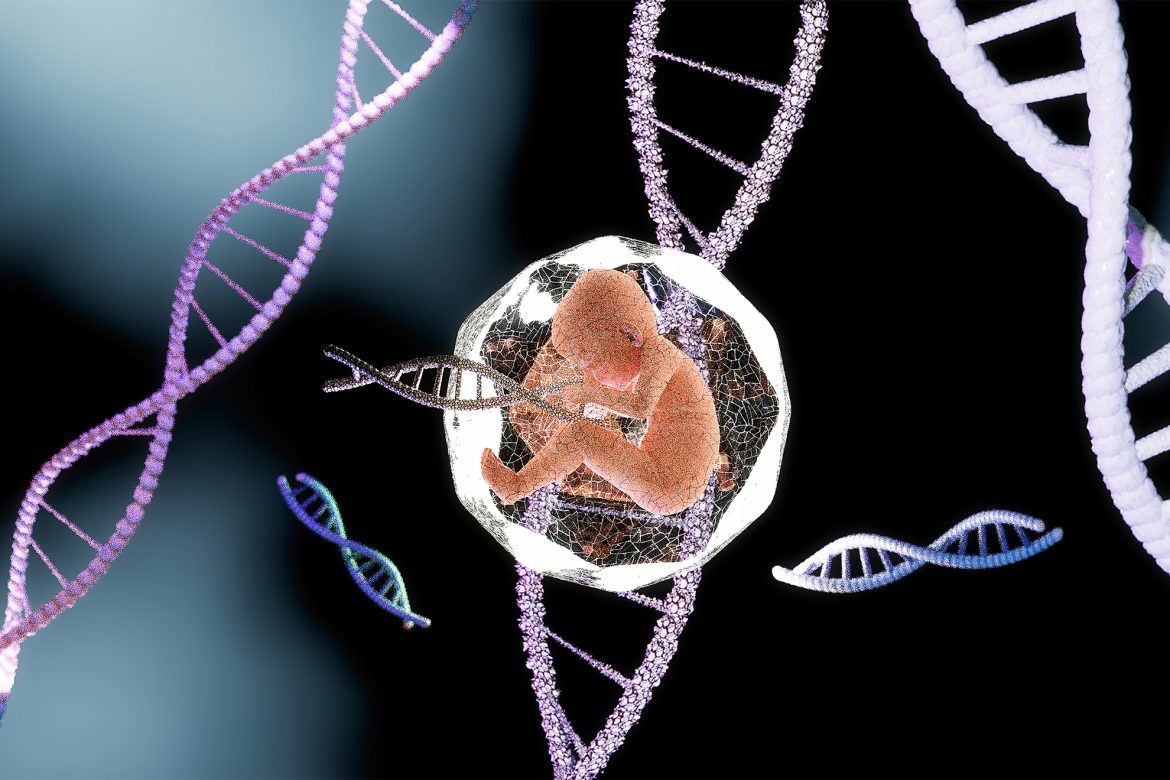Health
Researchers ID genetic disorders that can be treated before birth
Timely detection could reduce morbidity, offers opportunities for early intervention

A new study identifies nearly 300 genetic disorders that can be treated during pregnancy or in the first week of life, forming the basis for a “treatable fetal findings list” that could be offered to pregnant patients.
The findings could improve the diagnosis of genetic conditions in pregnancy and enhance the treatment options available for fetuses that have these conditions, according to researchers at Harvard Medical School, Harvard-affiliated Mass General Brigham, and Duke University School of Medicine. The study’s results are published in the American Journal of Human Genetics.
“These conditions are actionable — meaning that, empowered with diagnostic information, we can intervene early and improve outcomes.”
Nina Gold, Harvard Medical School
“We saw a critical gap in prenatal care and an opportunity to define the genetic disorders that are treatable during this time,” said senior author Nina Gold, director of Prenatal Medical Genetics at Massachusetts General Hospital and an assistant professor of pediatrics at HMS. “These conditions are actionable — meaning that, empowered with diagnostic information, we can intervene early and improve outcomes.”
Over the past decade, genomic sequencing has become a vital tool to help inform prenatal diagnoses. Genomic sequencing tests, combined with family history, can help identify genes responsible for ultrasound abnormalities. They can also uncover incidental findings that may predispose a fetus or newborn to serious but treatable conditions, such as a heart condition that can be treated with medications or a gastrointestinal disorder that can be managed with fluid and electrolyte therapies. The research team set out to develop a list of these treatable conditions so that patients can be offered the choice of receiving this kind of information.
Through a literature review, the authors identified a total of 296 genetic conditions, ranging from disorders with emerging fetal therapies to those where immediate postnatal treatment can prevent irreversible harm. The authors emphasize that timely detection of these conditions could reduce morbidity and mortality, offering families unprecedented opportunities for early intervention.
“One of our goals is to expand the options that a family has during pregnancy,” said Jennifer Cohen, the lead author on the study and a medical geneticist at Duke University Hospital. “These lists of genes are meant to provide the possibility of early intervention, which in some cases may change the natural history of the disease.”
Despite its potential, this initiative comes with challenges. The researchers outline ethical considerations and acknowledge that patients may feel overwhelmed by the amount of information they are offered. They also highlight the importance of engaging medical geneticists, obstetricians, and ethicists to address these complexities.
“Our goal in creating this targeted list of treatable fetal findings is to improve care, but we are sensitive to the challenges for physicians, genetic counselors, and patients when it comes to navigating new health information during pregnancy or immediately after the birth of a child. This is why it’s so important to work as a care team to empower our patients and provide them with the clearest information possible,” said Gold.
The research described in this story received funding from the National Institutes of Health.

